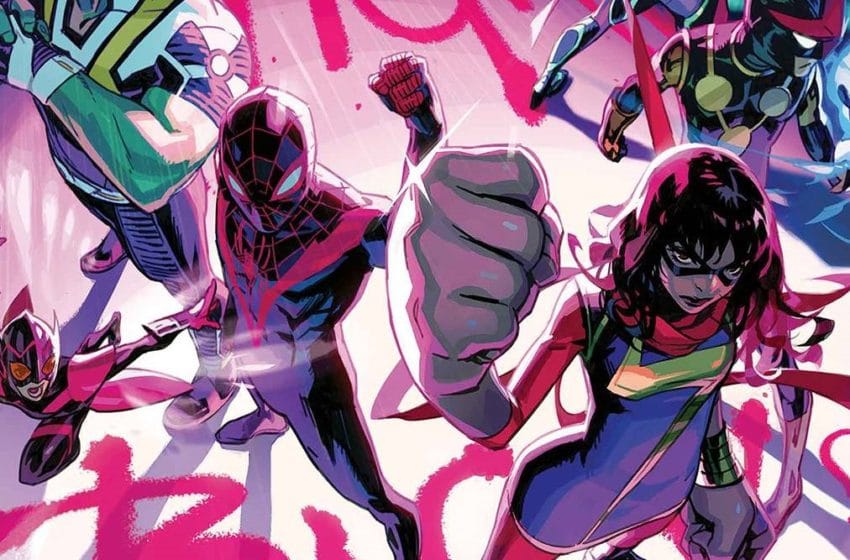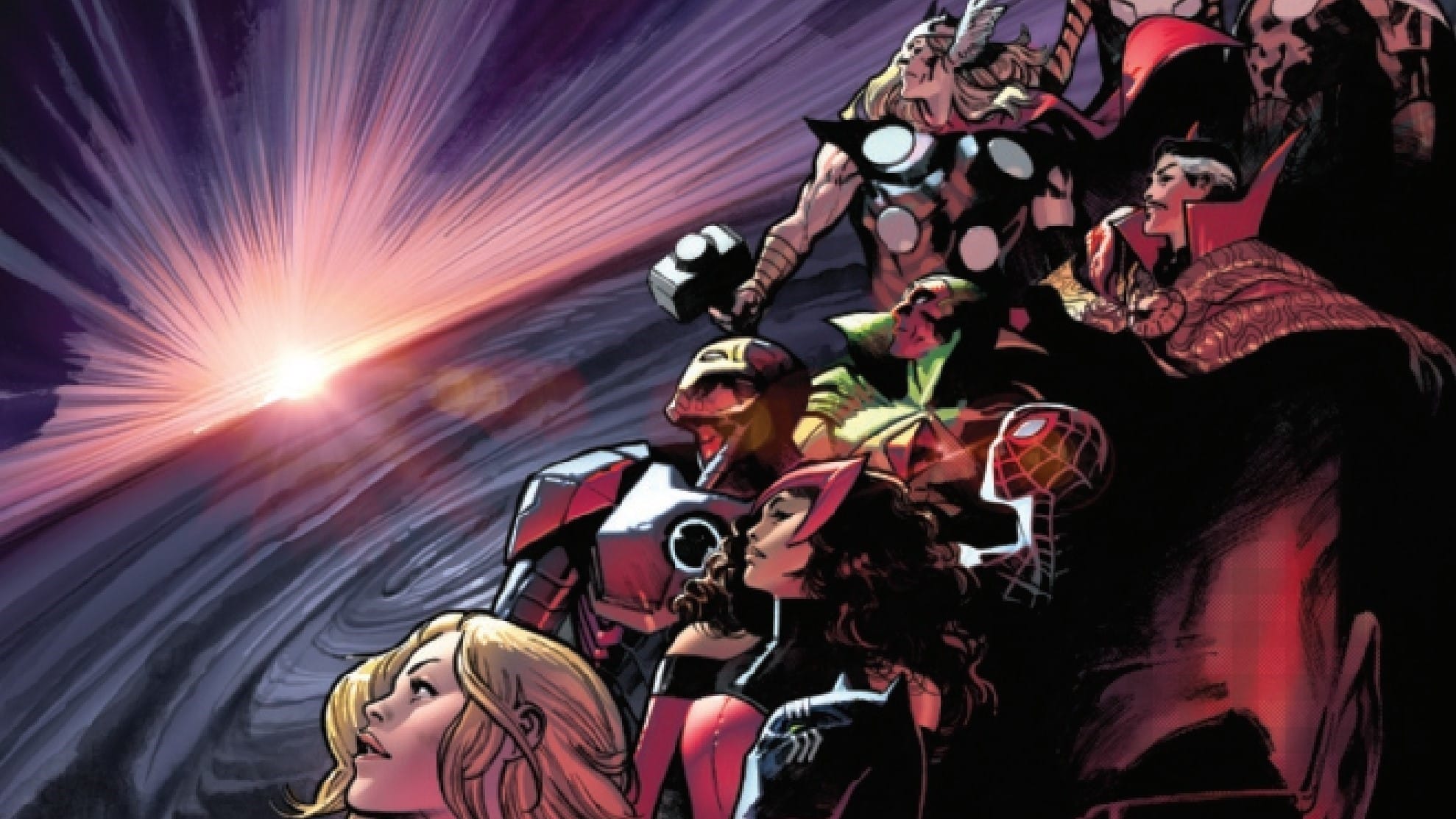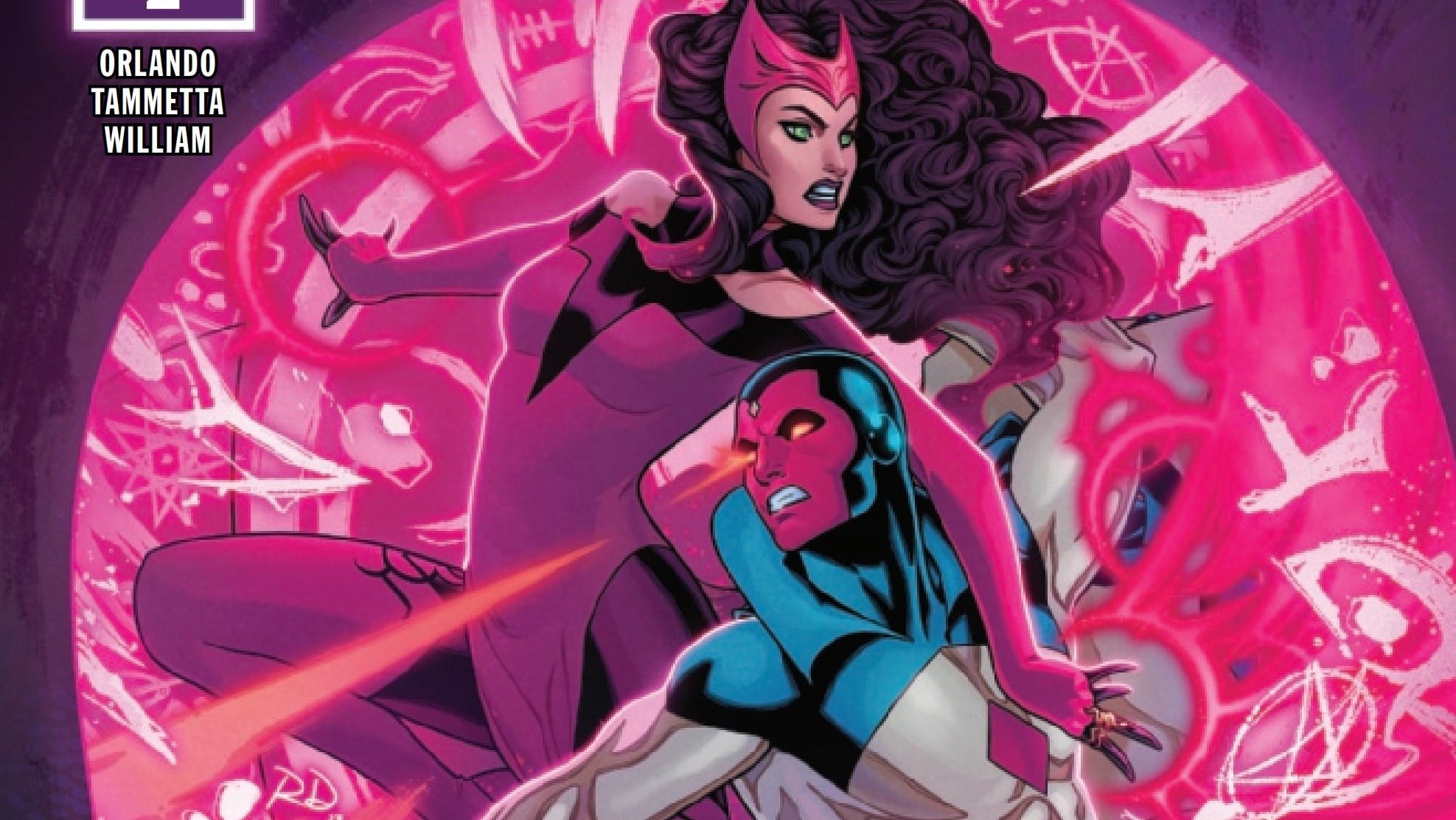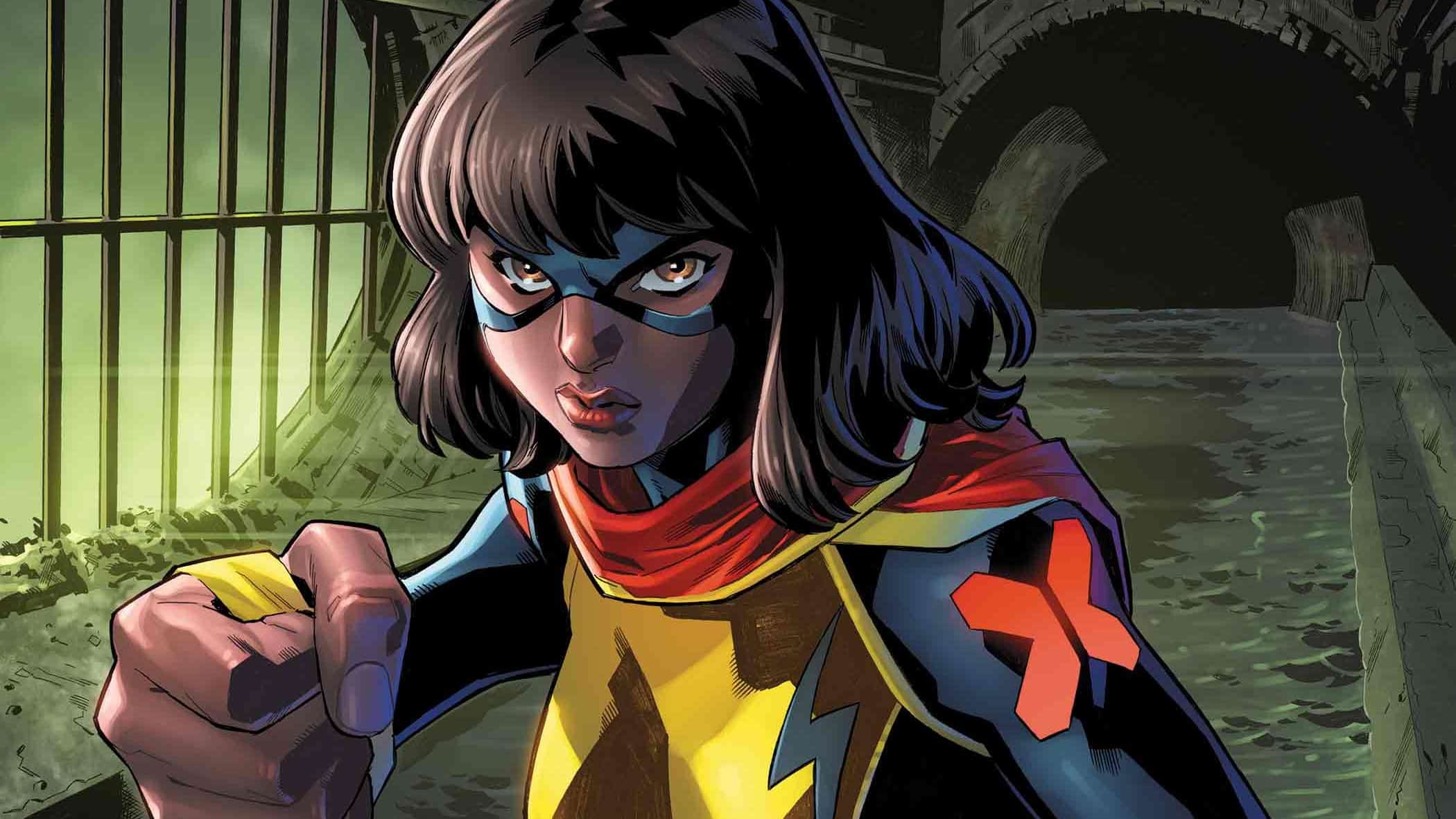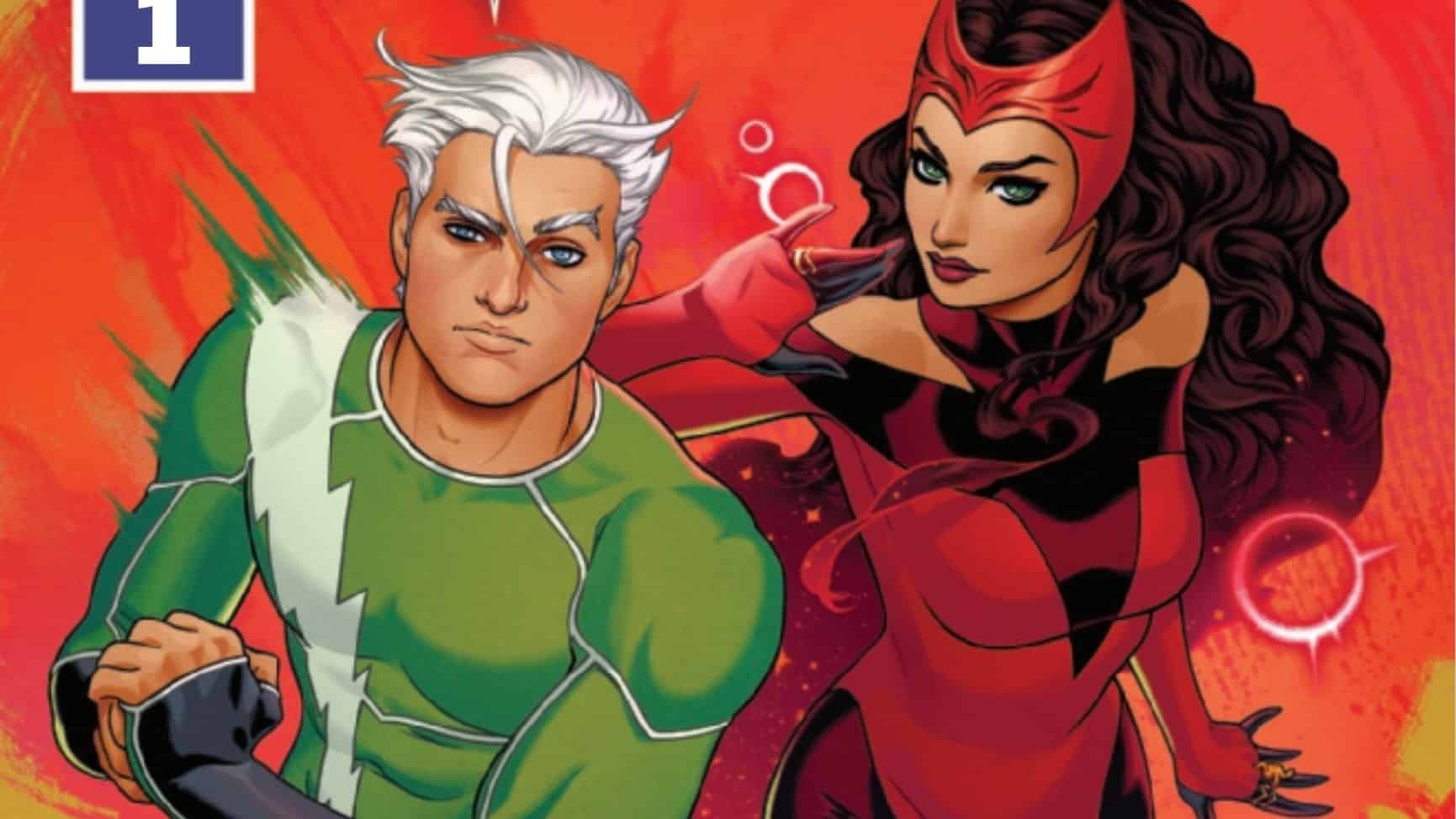Action unfolds and stories resolve in the fifth and final chapter of Champions: Outlawed. Will our heroes free their compatriots and clear their names? Will truth and justice prevail, or will the American way of corporate-funded chaos continue to reign? It’s Champions #5 written by Eve L. Ewing, with art by Bob Quinn, colors by Federico Blee, and letters by Clayton Cowles.
I could write about the closing of this chapter of Champions, and how the convergence of three storylines (Viv Vision and her “betrayal” / the core group of Champions on the run / the treatment of their captured compatriots) yielded an unsurprising yet satisfying result; how it feels like a few pieces of the story are missing, and how the ending felt a little rushed, like an issue or two was missing.
I could write about all the allusions writer Eve L. Ewing makes about kids in cages and the (successive) governments that allow it, and the companies that profit off of it. How propaganda works (or doesn’t), and how Stockholm syndrome takes root. I could even write about how fictional superheroes storm a government building but still, still, manage to do less damage than real life villains.
I could write about the art, how Bob Quinn makes it all look gloriously Saturday morning cartoon-ish, but in a the best possible way. How people are colored naturally, and how the action is easy to follow and thus easy to appreciate.
But I just want to write about Ironheart’s mom.
Our young heroes, on the run for so long, end up in a literal closet of Riri’s as their last resort, the last place on Earth they feel they have refuge. Riri is from Chicago, as is Dr. Ewing. Ironheart was her first work for Marvel.
We are all going home, back to the beginning, together.
Instead of being greeted by anger or sadness or frustration, Ironheart’s mother gives encouragement and understanding. Support. She gives them strength.
It has been over 11 years since I’ve spoken to my mother. I needed her to tell me it was going to be ok. That I can keep fighting. That I matter.
I felt like she spoke to me, through Dr. Ewing. Through Ms. Williams. I’m forever grateful, but I’m not surprised: that’s the beauty of Champions.
The sign of good writing is making the fanciful relatable and digestible. Making situations and stories that, though elaborate fiction, are still rooted in the basics of humanity; listening and love. The details; smaller, quiet movements; the voice it tried to give young people – all this, more than superhero antics or intricate plot webs, is what Champions did best.
It’s a comic book for younger readers. That the resolution feels a little rushed doesn’t really matter. I knew the kids would be ok. I read it not for the plot; I read it because it had a purpose.
A preview at the end gives an idea of the narrative and visual changes ahead – the new creative team of Danny Lore and Luciano Veccio looks like it’s plotting a new course, and while I’m not yet sold on the premise (they’re a little too young to intern, no?) or the look (Miles looks 3 years younger, and three years is a lot for a teenager), I’m willing to give it time.
But I’m not ready to leave this iteration of these characters. Not just yet. Champions #5, then, is a fitting conclusion to a run that said much yet, in the end, felt like it still had a lot more to say.
There’s so much I could have written about, but instead I wrote of love.
And any art that reminds me of love is worth your time.
A proud New Orleanian living in the District of Columbia, Jude Jones is a professional thinker, amateur photographer, burgeoning runner and lover of Black culture, love and life. Magneto and Cyclops (and Killmonger) were right.
Find more of Jude’s writing here.

